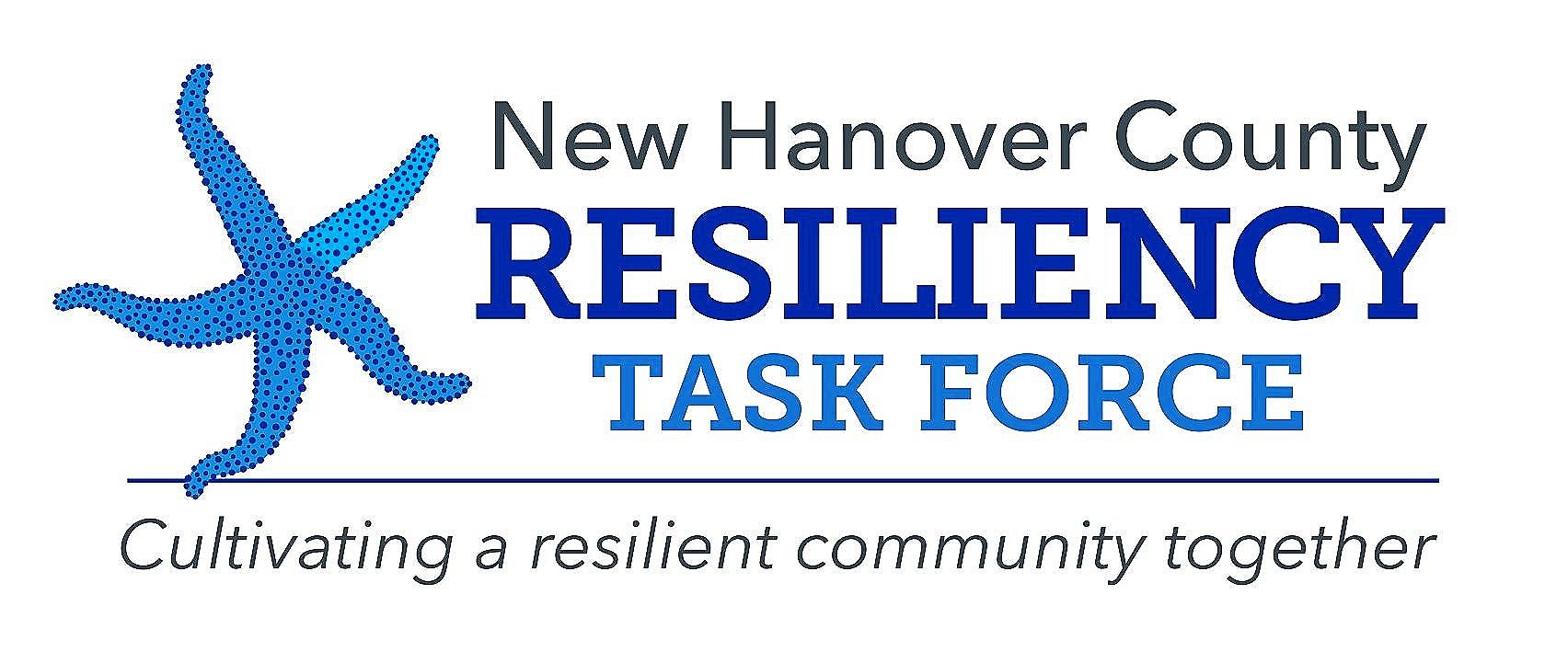How can I take ACTION?
Like a starfish, the work of the task force involves many independent parts that move it forward towards it’s destination. In a continual cycle, the work begins with connection and education that will hopefully inspire community members to take ACTION. After thoughtful effort and evaluation, the task force can celebrate the healing they see in our community.
There are several ways you can take action: join RTF & subscribe to our mailing list, join a subcommittee and attend meetings, follow us on Facebook and spread the word with your neighbors and colleagues, identify where trauma-informed changes are needed, advocate for those changes, and, if you can, actually make changes in your own organizations.
Advocate
NC Child advances public policies to ensure that every child in North Carolina has the opportunity to thrive—whatever their race, ethnicity, or place of birth. Alongside partners across the state, they create campaigns and build power so children and their families’ voices are heard.
The Resiliency Task Force is a CAN (Child Advocacy Network) Hub, supported by NC Child.











